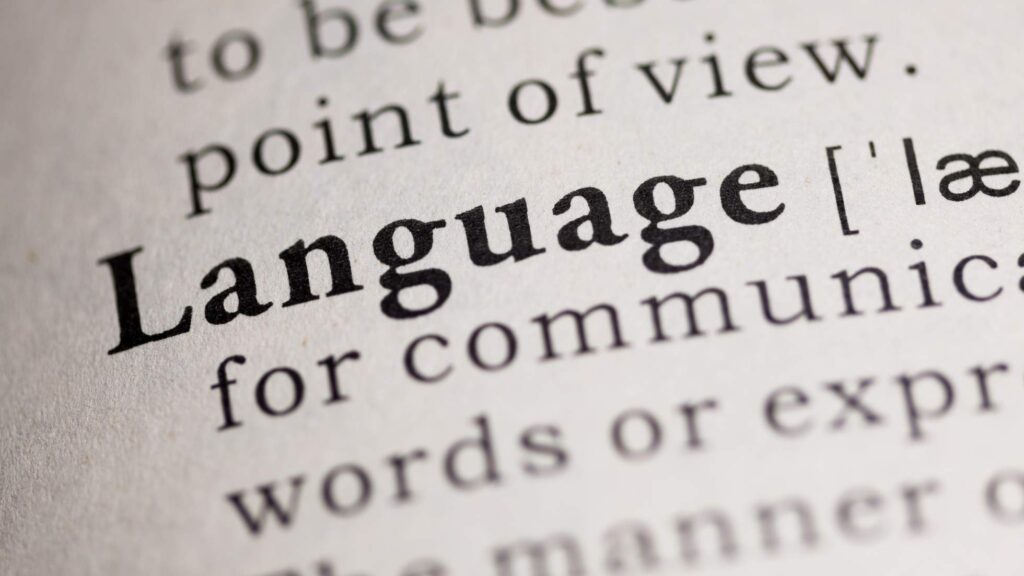Did you know that Canada has two official languages? English and French are the two languages that are used in government institutions, schools, workplaces and more. This is a reflection of the diversity of our nation’s culture and population. It is also part of what makes Canada unique on the world stage.
It is possible to learn both English and French in an immersive environment here in Canada. Many schools offer bilingual programs or dual-language instruction so students can become proficient in both languages. Additionally, there are numerous language learning centers across the country where you can take classes to improve your language skills. There are even online resources available for those who want to learn from home! It doesn’t matter which language you choose to learn, both English and French can open many doors in Canada. Being proficient in both languages may give you a competitive edge when it comes to job opportunities or even just making new friends!
Learning another language is exciting and a great way to explore different cultures. If you’re looking for an adventure, why not challenge yourself by learning French Canadian? You just might be surprised at what you can accomplish with a little bit of time and effort.

4 ways French has influenced the English language
Here are four ways French has influenced the English language in Canada:
Many French words have been borrowed from English, especially in areas associated with law and government such as “parliament”, “delegation” and “justice”. Other common loanwords include terms for food and drinks like “croissant”, “fondue” and “vin”.
Canadian English incorporates several grammatical features of French. For example, some verb forms often used in spoken Canadian English (e.g., “I seen it”) are derived from French usage. In addition, French-derived words are often used in a gender-inclusive sense (“chairperson”) or for polite forms of address (e.g., “Madame Speaker”).
Canadian English has retained certain aspects of the French pronunciation of English words, such as the dropping of final consonants and sound shifts (e.g., “caught” is pronounced like “cot”). There are also some distinctive pronunciations that result from contact with French Canadians (e.g., “dress” is pronounced like “drace”).
Many Canadian English terms have been created by combining elements from both languages. For example, “parkade” is a combination of the English word “parking” and the French word “garage”. Other examples include “ski-doo”, “poutine” and “beavertail”.
Overall, there are many ways that French has influenced the English language in Canada. From loanwords to pronunciation to vocabulary, it’s clear that French has had a lasting impact on Canadian English.
This influence can also be seen in other areas such as naming conventions and cultural references. For example, many places in Canada have dual names (e.g., Montreal/Montréal), reflecting both languages, while some expressions and idioms are unique to Canadian English due to their French roots (e.g., “à la mode”).
Click HERE to learn more about the role of English Language in Settlement and acculturation in Canada
Language classes funded by the Government of Canada
If you’re a permanent resident or a protected person, you can take language classes at no cost. They are funded by the government.
These classes are called:
- Language Instruction for Newcomers to Canada (LINC)
- Cours de langue pour les immigrants au Canada (CLIC)
To take a language class:
- take the CLB online self-assessment language test (you can do this before you come to Canada)
- visit an organization that helps newcomers get a formal language assessment
- register for language classes
- start taking your classes
Benefits of language classes
Benefits of taking these language classes include:
being taught by qualified, experienced teachers
flexible locations, as you can take them:
online
in a classroom with other students at places like:
schools
colleges
community organizations
flexible schedules, as you can take them:
full-time or part-time
during the day, evening or on weekends
finding out more about helpful topics such as:
housing
banking
citizenship
how to get a job
in some places:
people who will mind your child while you’re taking classes
transportation to and from your classes
classes for people with special needs
Are you dreaming of studying in Canada and improving your English language skills?
You have come to the right place!
As a Regulated Immigration Consulting firm, we are proud to be able to make your journey of immigrating to Canada easier.
We understand that the process can seem daunting and complex, but we promise to be there every step of the way. Our team provides personalized assistance and guidance with all matters related to Canadian immigration. We stay up-to-date on all changes in policies and regulations so you don’t have to worry about a thing!
Whether you’re looking for advice on how best to approach the study permit application process or would like information on which schools offer English-language instruction, our team is here to help.
We are committed to making sure all of your questions are answered and that you feel comfortable throughout the entire process. We want to ensure that your Canadian immigration experience is positive and successful!
Get in touch with us today to learn more about how we can help you succeed in studying in Canada.
Are you looking to apply for any type of visa to Canada?
Look no further!
We are offering a special promotion – apply now, pay later!
With this time-limited offer, there has never been a better opportunity to apply for any type of visa in Canada.
Don’t miss out – apply now and benefit from our apply now pay later promotion today!
We look forward to welcoming you soon!
If you have any questions, please do not hesitate to get in touch.
***Please note government fees are to be paid at the moment of submitting the application.
They are also non-refundable if the application is refused.


